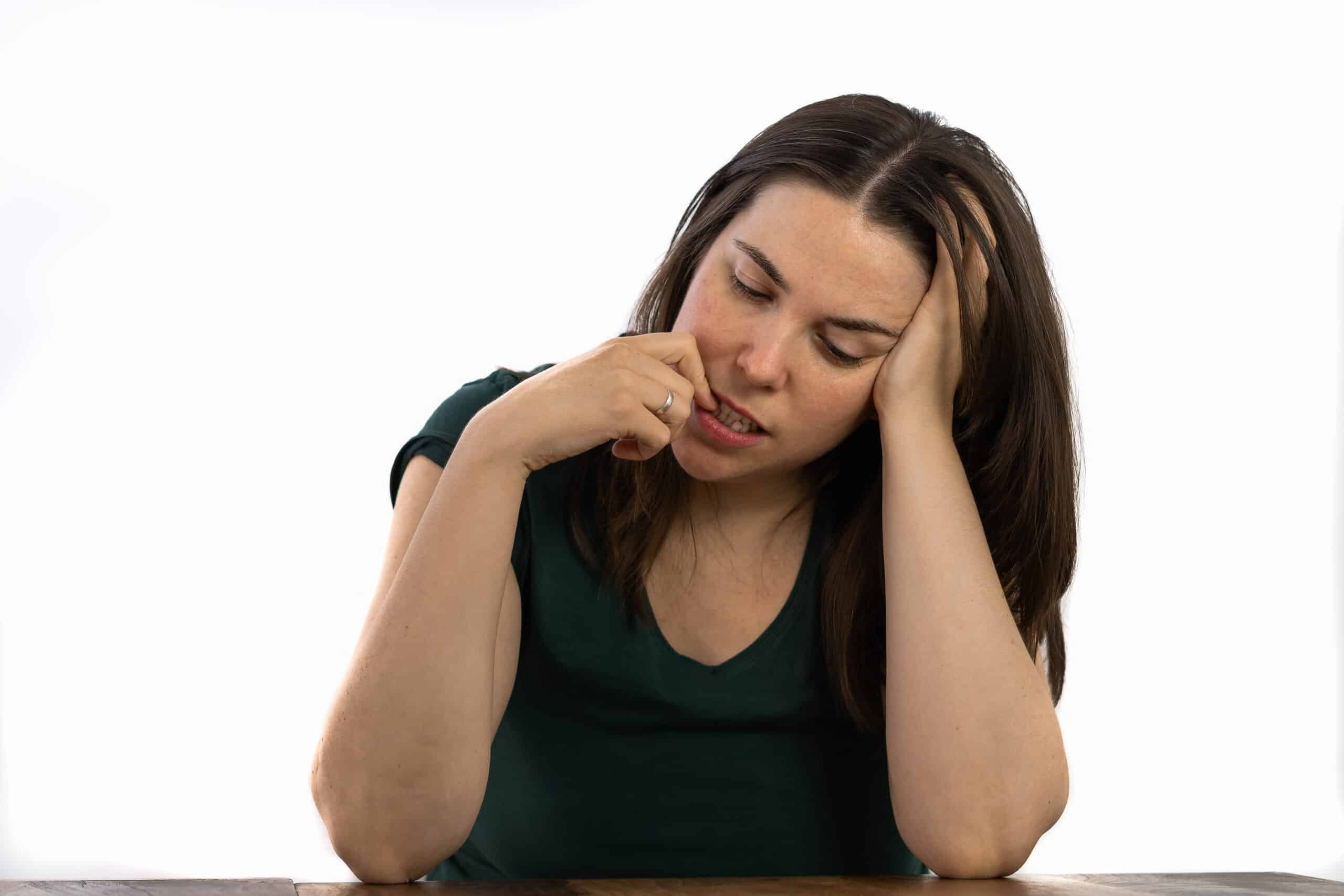No, there is no breast implant illness test, meaning there is no blood test for breast implant illness. There is only a breast implant illness symptoms list — as well as case studies, which show that this condition does exist and that removing implants can often lessen or eradicate the symptoms.
Up ahead, we’ll go over what to look for if you suspect you may be suffering from this condition. You’ll find a short list of the most commonly experienced breast implant illness neurological symptoms and physical symptoms, as well as information on treatment and recovery.
What Is Breast Implant Illness?
Breast implant illness (BII) is a term used by doctors and medical professionals to describe a list of symptoms experienced by some breast augmentation patients. Breast implant illness is rare, and there is no specific blood test for the condition. In fact, medical professionals know little about the condition — besides the fact that removing breast implants can often improve conditions for the patient.
While patients struggle with BII symptoms, other medical diagnoses may be considered first. When no underlying reason for severe symptoms has been found and the patient does indeed have breast implants, BII may be diagnosed. Although rare, this condition can be overwhelming and debilitating for many women who struggle with it.
Common BII Symptoms
Symptoms related to breast implant illness vary from person to person. One person might experience joint pain and trouble concentrating while another has migraines and severe fatigue.
Likewise, there is no set timeline for when patients will likely experience symptoms. Some patients may start to experience symptoms in the weeks and months following their augmentation surgery while others don’t experience symptoms until years later.
Below is a comprehensive, but not exhaustive, list of the most common symptoms associated with this condition:
Neurological symptoms
- anxiety
- depression
- trouble concentrating
- trouble with memory
- confusion
Physical symptoms
- difficulty falling asleep and/or staying asleep
- headaches and migraines
- breathing difficulties
- chronic fatigue
- pain in muscles and joints
- hair loss
- dry eyes
- dry mouth
- skin rashes
- gastrointestinal issues
Related medical issues
Recent research has revealed that breast implant illness is often associated with autoimmune disorders and disorders of the connective tissue. These include medical conditions such as rheumatoid arthritis, lupus, scleroderma, and others.
Some of this connection may be related to inflammation. Currently, many scientific studies are exploring the relationship between chronic diseases such as autoimmune diseases and chronic abnormal inflammation. Blood tests can be performed to investigate inflammatory markers in patients who may be at risk.
BII Treatment and Recovery

Most patients present with three or more serious symptoms that are making it difficult to carry out daily living with ease. Patients often see their general practitioner to see if another illness or condition could be causing these symptoms. When other conditions are ruled out, they may contact a plastic surgeon to look at BII.
Your plastic surgeon may order additional medical tests to continue ruling out other possibilities. However, when all other possibilities have been exhausted, you may start to discuss breast implant removal with your surgeon.
Breast implant removal is the only known way to stop, reduce, and/or reverse the effects of breast implant illness. Breast implant removal is a surgery similar to breast augmentation. Often, the same incision is reused.
The implants are taken out — usually along with the scar tissue capsules — and the incisions are closed. Initial recovery lasts for two to four weeks.
After breast implant removal, you may decide to discuss additional surgeries to improve the appearance of your breasts if you are interested. After all, depending on how big your implants were, how long you had them in, and how much natural breast tissue you have, breast implant removal may leave your breasts looking droopy and deflated.
In many cases, a breast lift or fat transfer breast augmentation can give you back some of the perkiness and plumpness you had with implants.
Breast lift surgery gets rid of loose skin around each breast and tightens up the remaining tissue for a firmer, perkier appearance. Fat transfer breast augmentation takes fat from a different area of your body (the flanks or stomach, for instance) and relocates it to the breasts via injection. Fat transfer can certainly increase breast volume, but do keep in mind that it cannot help you gain volume like implants can.
Breast Implant Illness FAQs
How long does it take for breast implant illness to show?
No two patients are the same, and breast implant illness symptoms may show up at any time after undergoing breast augmentation. Some patients may experience symptoms years after their surgery while others start to experience symptoms right away after surgery.
What are my chances of getting breast implant illness?
There have not been studies performed regarding the prevalence of BII. Certainly, not everyone with breast implants will contract this condition. However, hundreds of thousands of women are in support groups and online communities for the illness. There is also a link between those who have BII and those with autoimmune conditions.
How do I know if my body is rejecting my breast implants?
Rejection of breast implants is often a phrase that is used interchangeably with breast implant illness. Those with BII have multiple symptoms related to the condition, including chronic fatigue, joint and muscle pain, foggy thinking, trouble with memory, etc.
Does breast implant illness weight gain happen?
Weight gain may be a symptom of BII for some women. Those who experience weight gain related to this condition may also be overeating because of stress and anxiety.
What types of implants cause breast implant illness?
For those with breast implant illness saline and silicone implants can cause the same symptoms.
Schedule a Consultation to Discuss BII
Do you think you may have BII or are you concerned about this condition as you make plans for your breast augmentation surgery? Contact our Dallas office today to discuss your concerns with Dr. Raja Mohan.
Dr. Mohan has experience working with patients who have been diagnosed with BII and has helped women relieve their symptoms with effective implant removal surgery. Contact us today to book an appointment and find out more.
References
https://my.clevelandclinic.org/health/diseases/23366-breast-implant-illness
